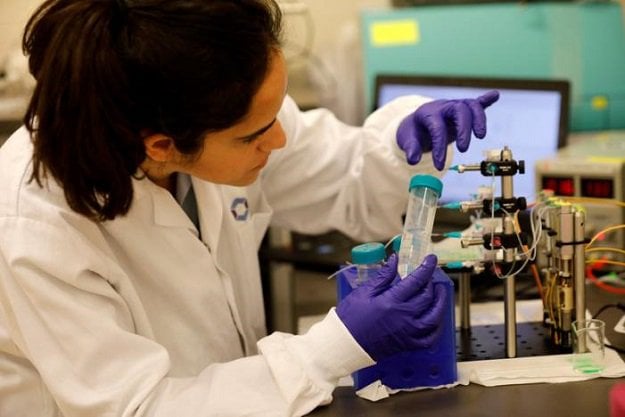
This was stressed during an international workshop on health by the US-based National Academy of Sciences (NAS) and Pakistan Academy of Sciences (PAS) on Thursday. The experts commented that the world had become highly interconnected today and that people, animals, and diseases– as well as the pathogens they carry or transmit – were only an aeroplane ride away from any point on the globe.
Half a million TB patients in Pakistan
Moreover, increasing interaction between humans and animals, whether due to overcrowding, commerce, or due to human colonisation of previously uninhabited or sparsely populated settings, it was creating the perfect environment for the rapid spread of diseases.
In this regard they pointed to the outbreaks and rapid spread of diseases such as the severe acute respiratory syndrome (SARS), Middle East Respiratory Syndrome (MERS), foot and mouth disease, Bovine spongiform encephalopathy (BSE), avian influenza, and Nipah virus which caused not only major human suffering but also enormous economic cost. SARS alone caused estimated economic losses of around $30-50 billion. However, the scientists suggested that this interconnectedness could also be used to function as a global public health community in building capacity to respond to diseases which had the potential to become an epidemic.
A country where human and animal scientists, health care workers, and epidemiologists know how to work together ahead of a mass public health threat would likely be resilient in the face of an actual outbreak. Moreover, the world in which scientists from different countries knew each other, and have formed professional relationships and networks, would know how to tackle a crisis effectively.
Epidemic: Viral disease takes its toll on cattle in Chitral
Nurturing such connections among countries and building inter-disciplinary cadres of skilled and trained individuals at the country level, takes time and resources, they said.
Results of a pilot fellowship programme between the NAS and PAS to build the capacity of early to mid-career scientists from Pakistan in one-health, and to foster collaboration and cooperation among countries in preparedness and response to zoonotic diseases were also shared.
Earlier, Ministry of Federal Education and Professional Training Minister of State Balighur Rehman promised the government’s all-out support to join hands with international partners, to contain infectious diseases.
Published in The Express Tribune, March 31st, 2017.
1719315628-0/BeFunky-collage-(8)1719315628-0-405x300.webp)


1731329418-0/BeFunky-collage-(39)1731329418-0-165x106.webp)





1731771315-0/images-(3)1731771315-0-270x192.webp)







COMMENTS
Comments are moderated and generally will be posted if they are on-topic and not abusive.
For more information, please see our Comments FAQ